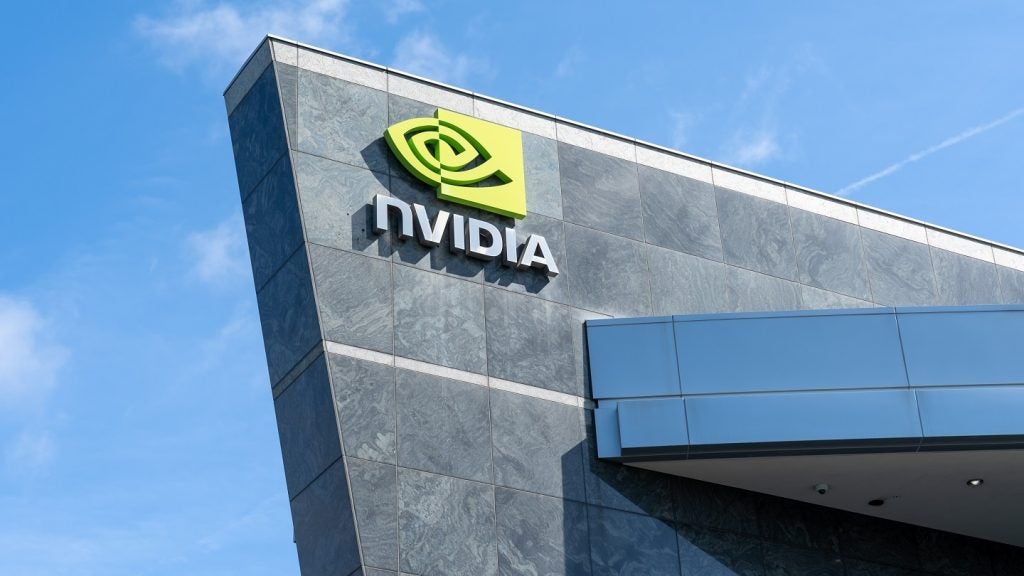
Darktrace has enjoyed a 44% surge in its first day of trading on the London Stock Exchange, but the cybersecurity company’s float remained tarnished by links to alleged fraudster Mike Lynch.
Founded in 2013, the Cambridge and San Francisco-headquartered firm provides artificial intelligence software intended to autonomously detect and respond to cyber threats against companies.
As the bell rang this morning, Darktrace commenced its initial public offering (IPO). It priced its shares at 250p each for a £1.7bn valuation. However, within the first few hours the company’s shares rose to 360p before dropping to about 350p.
Darktrace placed 66,036,904 shares, representing about 9.6% of the total issued share capital. It hoped to raise £165.1m in the float, with £143.4m going back into the cybersecurity venture and £21.7m to the coffers of existing owners.
One of those existing shareholders is Mike Lynch. The former Autonomy CEO was one of Darktrace’s earliest investors, backing it via his VC fund Invoke Capital. The startup’s association with Lynch has, however, caused some friction ahead of the public listing as he is wanted for fraud in the US. He is accused of having cooked his books so as to inflate the value of Autonomy when it was sold to US tech giant HP in 2011.
Autonomy was sold for $11.7bn. A year later HP wrote off $8.8bn of Autonomy’s value and alleged that Lynch and former Autonomy finance chief Shushovan Hussain were responsible for the discrepancy. HP has subsequently sued Lynch in the UK for $5bn. He denies any wrongdoing. Hussain is serving a five-year prison sentence in the US after being found guilty of fraud. He has a stake of nearly 3% in Darktrace. Lynch and his wife own nearly a fifth of Darktrace.
How well do you really know your competitors?
Access the most comprehensive Company Profiles on the market, powered by GlobalData. Save hours of research. Gain competitive edge.

Thank you!
Your download email will arrive shortly
Not ready to buy yet? Download a free sample
We are confident about the unique quality of our Company Profiles. However, we want you to make the most beneficial decision for your business, so we offer a free sample that you can download by submitting the below form
By GlobalDataDarktrace has distanced itself from Lynch over the years. He stepped down from the company board in 2018.
“Mike is a visionary technologist and was an early investor in Darktrace but he isn’t involved in the day-to-day running of the company,” CEO Poppy Gustafsson said in April.
Nevertheless, the ties to Lynch and the dozens of former Autonomy executives on Darktrace’s payroll have sullied the IPO. UBS reportedly backed out as a sponsor of the offering due to concerns over Lynch’s involvement.
The gloomy atmosphere which followed food-delivery startup Deliveroo’s disappointing London float in March – which slashed off a quarter of its valuation on its first day of trading – also cast a pall over the Darktrace listing. The cyber firm cut its hoped-for valuation drastically ahead of the IPO, having originally sought a market cap between £2.5bn and £3bn.
Russ Shaw, founder of Tech London Advocates, hoped that Darktrace’s float was a sign that London can still become “a world-leading listings destination” – a hope that “Deliveroo’s underwhelming stock market debut” almost scuppered.
“The spectre of this disappointing flotation will no doubt have been a concern to Darktrace, but there are many reasons to be optimistic about today’s IPO given the early jump in share price,” Shaw said. “This is another significant moment which boosts the credentials of the Stock Exchange and positions London as a prominent post-Brexit tech hub.”





